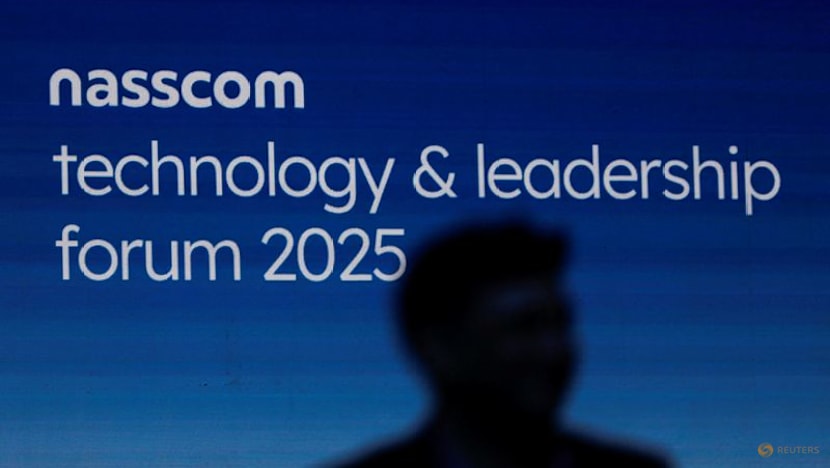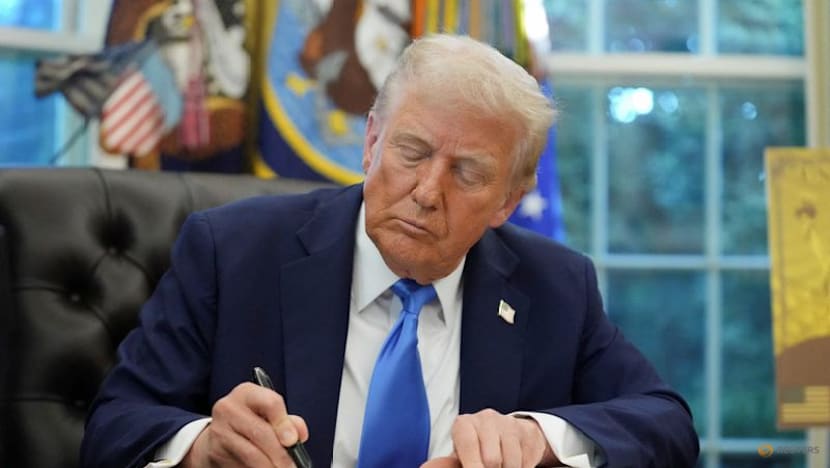US H-1B visa clarification eases uncertainty, India's IT industry body says


The United States specifying that higher fees for H-1B visa applications will be imposed only on new applications has helped reduce uncertainty, India's information technology industry body Nasscom said on Monday (Sep 22).
Indian and India-centric companies operating in the US have significantly reduced their reliance on H-1B visas, Nasscom said, adding that it expects only a marginal impact for the sector.
US President Donald Trump imposed a US$100,000 fee for new H-1B visas from Sunday.
The White House has clarified that the order applies only to new applicants and not holders of existing visas or those seeking renewals, addressing some of the confusion over who would be affected.
The clarification that the fee is a one-time fee and not annual alleviates concerns on business continuity, it said.
The fee, which is applicable from the next cycle of H-1B applications, which will be in 2026, gives companies time to step upskilling and hire more in the US.
Companies in India's US$283 billion IT sector, which derives about 57 per cent of revenue from the US, send workers onshore to work on client projects. Even a one-time fee of US$100,000 for new visas is prohibitive, analysts and lawyers have said.
The number of H-1B workers is a "mere decimal point" of the overall U.S. workforce, Nasscom said.
IT companies have been reducing their reliance on H-1B visas.
"The industry is spending more than $1 billion on local upskilling and hiring in the U.S., and the number of local hires has increased tremendously," Nasscom said.
Ross Feingold, head of research at global risk management and advisory consultancy Caerus Consulting, said there is a risk that less innovation will occur in the US with the new visa rules.
He pointed out that the US lacks sufficient production of STEM (science, technology, engineering, and mathematics) professionals.
"That's one of the significant reasons why a large number of foreigners are allowed into the US under the H-1B visa programme to fill these jobs. That's not going to change overnight," Feingold told CNA's Asia Now.
"If the US doesn't produce (such professionals) domestically, and there's more restrictions now on foreigners taking up these jobs, certainly that's a risk for technological excellence (in research and development) in America."













